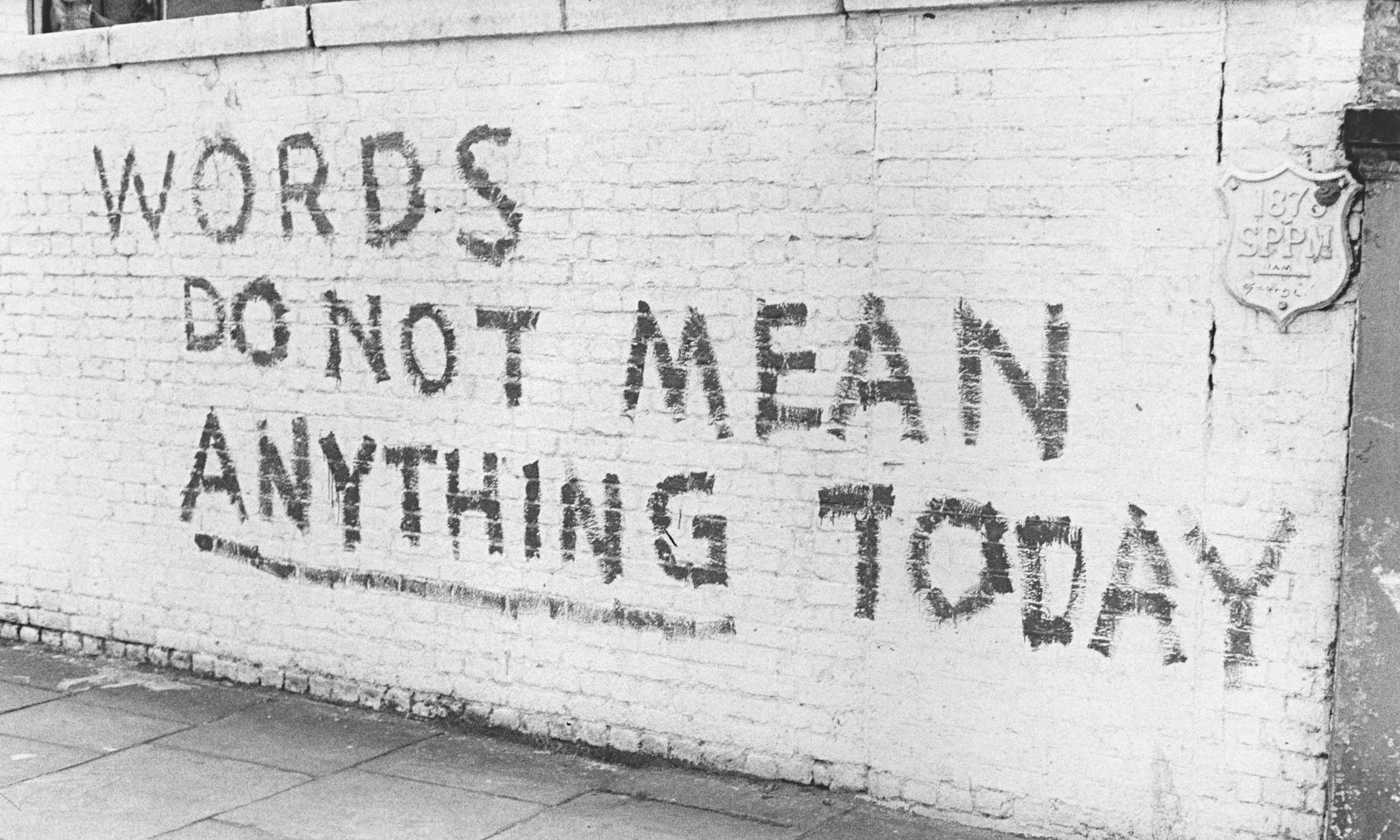English 609
TR 9:30 am – 10:45 am
Whitehall Classroom Bldg-Rm.203-CB

Details
English 609 is a course designed to develop and support TA pedagogy for WRD 110, 111, and 112. We will examine contemporary scholarship and research in rhetorical theory and writing studies. The topics will include both theoretical and practical topics that are relevant for any teacher of writing at the college level. Major topics include an examination of the writing process and different pedagogical approaches to helping students move through the process; teaching argumentation in the writing classroom; teaching writing in diverse settings; teaching writing as a form of multimodal composition. This last topic is central to the unique nature of WRD 110, 111, and 112 as a truly 21st century writing course that adopts a wide definition of writing as composing through words, images, sound, film, and interactive media.
Assignments
Book review – 200 points
Annotated syllabus – 200 points
Review of one new writing tool – 200 points
“Essay” (TBA) – 100 points
Participation – 300 points
Grades
1000 total points
900-1000: A
800-899: B
750-799: C
700-759: D
0-600: E
Week One: History of Writing/Composition/English Departments
- William Riley Parker. “Where Do English Departments Come From?”
- Sharon Crowley, “The Invention of Freshman English”
- James Berlin. “Contemporary Composition: The Major Pedagogical Theories.”
Week Two: Crash Course in Rhetoric
- Pgs. 3-7; 24-29; 35-54 in Keith and Lundberg
- Lloyd Bitzer, “Rhetorical Situation”
- Chapters 3 and 6 in Glenn and Goldthwaite
Week Three: Writing as Process and Post-Process
- Donald Murray, “Write Before Writing” and “Teach Writing as a Process, Not a Product”
- David R. Russell, “Activity Theory and Its Implications for Writing Instruction”
- NCTE Beliefs About the Teaching of Writing
Week Four: Responding to writing
- Nancy Sommers, “Responding to Student Writing.”
- Nancy Sommers, “Across the Drafts”
- Dawn Skorczewski, “Everybody Has Their Own Ideas”: Responding to Cliché in Student Writing”
- Chapter 5 in Glenn and Goldthwaite
Week Five: Error, students’ own language, language, etc.
- Williams, Joseph. “Phenomenology of Error.”
- “Students’ Rights to Their Own Language.” (1974)
- Lil Brannon and C. H. Knoblauch, “On Students’ Rights to Their Own Texts: A Model of Teacher Response”
- Laura R. Micciche, “Making a Case for Rhetorical Grammar”
Week Six: Structuring assignments
- Mark Wiley, “The Popularity of Formulaic Writing (And Why We Need to Resist)
- Chapter 4 in Glenn and Goldthwaite
- “Collaborative Pedagogy,” Rebecca Moore Howard
- Look at writing assignments
Week Seven: The writing workshop
October 15th: Prof. Manuel Gonzales on the writing workshop
Week Eight: Teach us new tools
Class presentations
Week Nine: How not to kill writing (AKA Making things)
- Geoffrey Sirc, “Box Logic”
- Kathleen Blake Yancey, “Made Not Only in Words: Composition in a New Key”
- http://kairos.technorhetoric.net/19.3/topoi/mcnely/index.html
- http://kairos.technorhetoric.net/19.2/praxis/rivers-et-al/index.html
Skype with Prof. Nathaniel Rivers October 29th.
Week Ten: Argumentation, public writing
- Joseph Petraglia, “Spinning like a Kite”
- David Fleming, “Finding a Place for School in Rhetoric’s Public Turn”
- http://www.enculturation.net/missingmasses
Week Eleven: “Essay assignment”
- Jim Corder, “What I learned in School”
Week Twelve: Book reviews
Week Thirteen: Book reviews
Week Fourteen: Annotated writing syllabus share/due
Books for reviews
Thinking with Bruno Latour in Rhetoric and Composition: Paul Lynch and Nathaniel Rivers
After Pedagogy: The Experience of Teaching, Paul Lynch
Multimodal Literacies and Emerging Genres, Bowen and Whithouse
Experimental Writing in Composition: Aesthetics and Pedagogies, Patricia Sullivan
Writing/Teaching: Essays Toward a Rhetoric of Pedagogy, Paul Kameen
Toward a Composition Made Whole, Jody Shipka
(Re)Writing Craft: Composition, Creative Writing, and the Future of English Studies, Tim Mayers
Buying into English: Language and Investment in the New Capitalist World, Catherine Prendergast
Interests and Opportunities: Race, Racism, and University Writing Instruction in the Post–Civil Rights Era, Steve Lamos
Producing Good Citizens: Literacy Training in Anxious Times, Amy Wan
To Know Her Own History: Writing at the Woman’s College, 1943–1963, Kelly Ritter
Tropic Tendencies: Rhetoric, Popular Culture, and the Anglophone Caribbean, Kevin Browne
Activist Rhetorics and American Higher Education, 1885-1937, Susan Kates
Reclaiming the Rural: Essays on Literacy, Rhetoric, and Pedagogy, Edited by Kim Donehower, Charlotte Hogg, and Eileen E. Schell
Educating the New Southern Woman: Speech, Writing, and Race at the Public Women’s Colleges, 1884-1945, David Gold and Catherine L. Hobb
Manly Writing: Gender, Rhetoric and the Rise of Composition, Miriam Brody
Rhetorical Listening: Identification, Gender, Whiteness, Krista Ratcliffe
Digital Detroit: Rhetoric and Space in the Age of the Network, Jeff Rice
